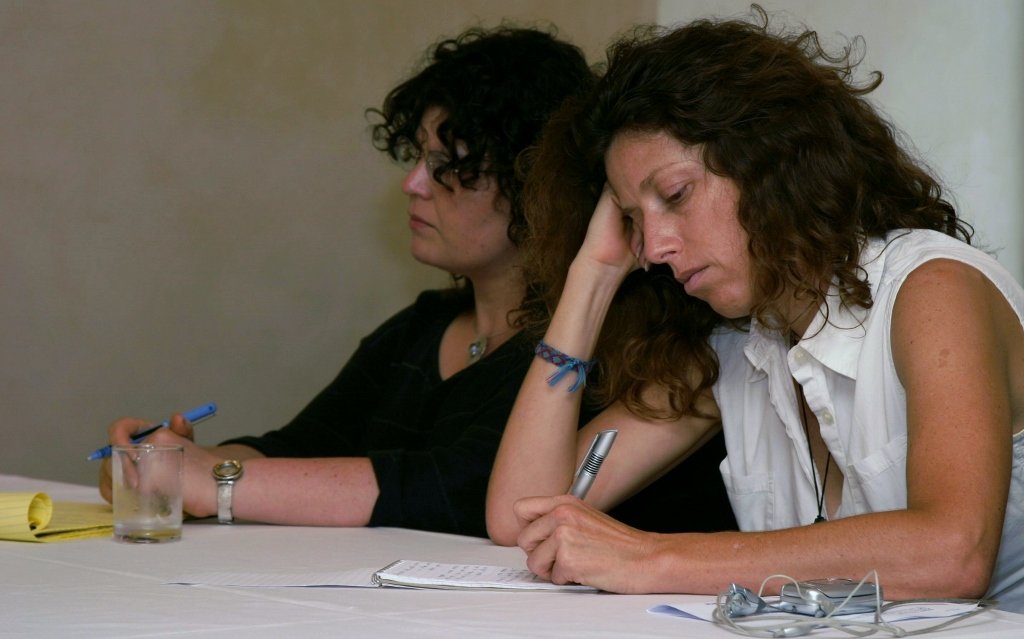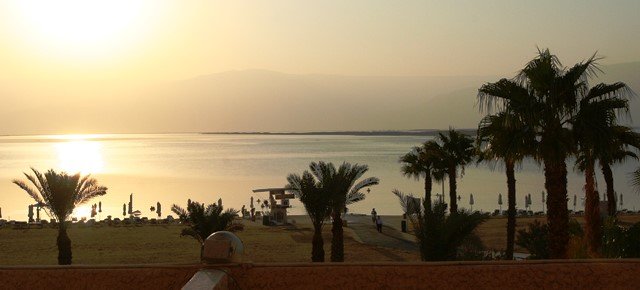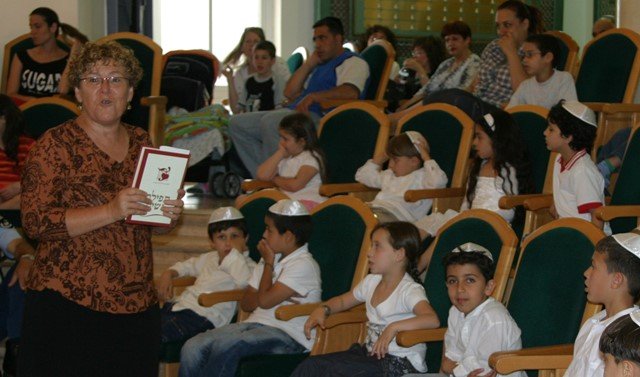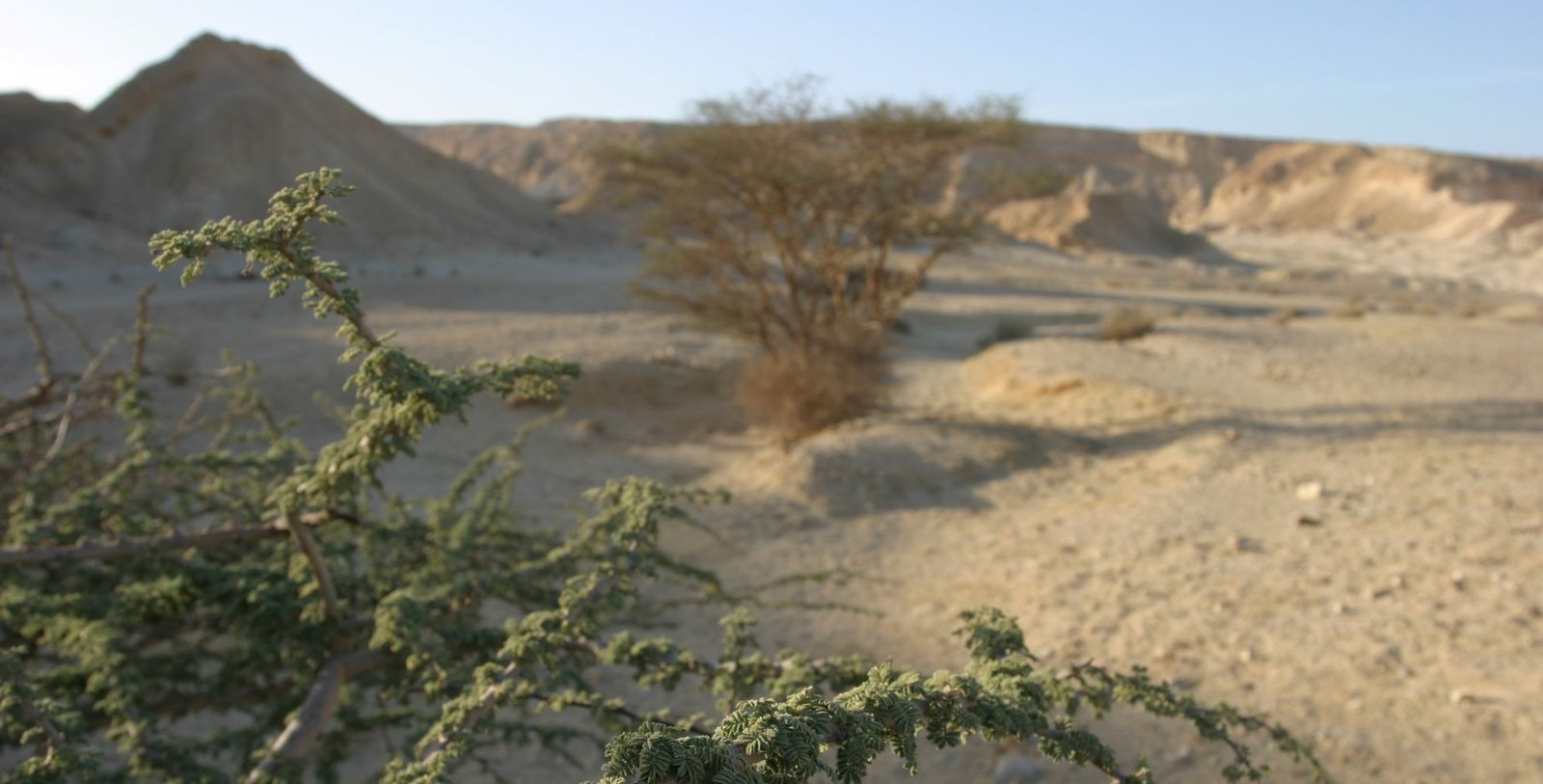Share This Story, Choose Your Platform!
The Lord counts when [recording] in writing nations. (Psalm 87:6a) – People count, determine what’s what, analyze a condition, and then record what they recognized in writing. This human need obviously is part of man’s being created in God’s image (Genesis 1:26).
The Lord God Himself counts and records just as he had once commanded Joshua to explore and map the land of Canaan. This was in preparation of the land then being divided by lot among the tribes of Israel (Joshua 18:8). God Himself grasps and assesses reality in order to then make and enforce comprehensible decisions accordingly.
The God who revealed Himself to Abraham, Isaac and Jacob is very careful about looking at something. Reality is complicated, often multi-layered. And looking again is better than thinking you know anyway. This is what the living Creator Himself did when He explained to Abraham turning towards Sodom and Gomorrah: “I’m on my way to go down and see myself if they really acted quite as the cry suggested that came before me, or if they did not. I want to know [exactly]” (Genesis 18:21). If even the one, true, living God acts in this way, even though everything is open before Him, Israel’s teachers noted, how much more must a human judge proceed in this way before he dares to pass judgment.
…and defines
The Hebrew word מספר/mispar (number) has the same Hebrew root (ספר/sapar) as the second word of our verse יספר/yispor (= will count). Pondering Psalm 87:6 Radak[1] was reminded of Deuteronomy 32:8. There it is stated that “the Most High, when He assigned to the Gentile nations their inheritance, when He divided the children of men, fixed the boundaries of the peoples according to the number of the children of Israel.”
That is, the Creator defines differences between nations and cultures and establishes them. Then He connects individual ethnic groups with certain areas on this globe for which they are to take responsibility. According to the Bible, national borders are neither a coincidence nor the result of power politics, but rather reflect the will and action of the living God. And the nation of Israel is the orientation point for God’s action with the non-Jewish peoples.
Books in heaven
When speaking of the writing of God, we first ought to think, of course, of those books kept in heaven, in which certain people are “inscribed for life” (compare, for example, Isaiah 4:3). After the Israelites had crafted the golden calf, Moses interceded for them before God on Mount Sinai, asking: “Now, take their sin away, please! But if this is impossible, then, please, blot me out of your book that you have written” (Exodus 32:32).
Quite differently, David prayed against those who persecuted him: „Let them be blotted out of the book of life. With righteous ones they shall not be written down” (Psalm 69:29). Of the last great time of tribulation the prophet Daniel knew: “At that time your people will escape, everyone who is written in the book” (Daniel 12:1).
The decision
God counts, writes down and makes decisions accordingly, which are then considered fixed. Jewish tradition assumes that there are books in heaven in which the Lord records all the names of those who live on earth.[2] Alshich[3] mentions in his commentary that this happens on the New Year, Rosh HaShanah. Then “all who come into the world will pass before God one by one.”
In this situation the Heavenly Father does not overlook: This one is born there. (Psalm 87,6b)
Egalitarianism and “lumping everyone together” are far from biblical thinking. The Creator counts and judges each individual,[4] according to his or her background, talents, circumstances and behavior. The emphatic reference “He is born there!” in this otherwise brief psalm shows how much the Creator concentrates on a individual person. Local imprints, burdens or which historical or family heritage who has inherited are of decisive importance. This is expressed, for example, in Yeshua’s parable of the different talents (Matthew 25:14-30; Luke 19:12-27), but also in Daniel.
The prophet sees on the wall of the banquet hall words inscribed there by a mysterious hand. Daniel reads them to Belshazzar: “Mene mene tekel u-parsin.” Then the scholar interprets them to the Babylonian king: “Mene, that is, God has counted and ended your kingship. Tekel, that is, they weighed you on the scales and found you too light” – which then of course has severe consequences (Daniel 5:25-27).
A New Jerusalem
The tradition of the heavenly books and the writing of God, reaches up into the last book of the New Testament. The penultimate chapter of the Christian Bible speaks of the New Jerusalem coming down from God out of heaven, “prepared as a bride adorned for her husband” (Revelation 21:2). “The Lord loves the gates of Zion” (Psalm 87:2). Amazingly similar are the images the seer John sees on the Greek island of Patmos. They complement the scenes we feel to recognize behind the terse phrases of Psalm 87.
John describes how the nations shall walk in the light of Jerusalem (Revelation 21:24). “I call Rahab and Babel to mind among those who know me. Look, Peleshet and Tzor with Cush” (Psalm 87:4).
The nations will bring their splendor and wealth to the city of God (Revelation 21:26). “He Himself [has] prepared/established them, [the] Most High/[as] Most High” (Psalm 87:5). “And nothing unclean shall enter in, none that do abominations, and no one that speaks lies; but only they who are written in the Lamb’s book of life” (Revelation 21:27).
Sela. (Psalm 87,6c) – Once again, as at the end of verse 3: “End of the announcement. No further discussion. Period!” – as Malbim[5] interprets this word, about the meaning of which even the rabbinic commentators have no final clarity.
Footnotes:
[1] Rabbi David Ben Yosef Kimchi (1160-1235), the so-called “Radak”, was the first among the great exegetes and grammarians of the Hebrew language. He was born in Narbonne, southern France. His father died early, so David was brought up by his brother Moshe Kimchi. Radak permitted philosophical studies only to those whose faith in God and the fear of heaven were firmly established. Publicly he dealt with Christians and attacked primarily their allegorical interpretation of Scripture and the theological claim to be the “true Israel”.
[2] עמוס חכם, ספר תהלים, ספרים ג-ה, מזמורים עג-קן (ירושלים: הוצאת מוסד הרב קוק, הדפסה שישית תש”ן/1990), קכז.
[3] Rabbi Moshe Alshich, 1507/08-1593, also called “the holy Alshich”, came from Adrianople, the Turkish Edirne, not far from today’s border triangle Turkey-Bulgaria-Greece, where he studied at the Talmud school of Rabbi Josef Karo. In 1535 he emigrated to the land of Israel, where he settled in Tzefat in the Upper Galilee. When his teacher Josef Karo followed him one year later, he was already one of the rabbinical judges in the city. Subsequently, Alshich distinguished himself as a preacher and interpreter of the Bible and the Talmud. According to a legend, his son was kidnapped as a child and became a Muslim. Alshich is buried in Tzefat, where an old synagogue in the Old City still bears the name “Beit HaKnesset HaAlshich HaKadosh”.
[4] עמוס חכם, ספר תהלים, ספרים ג-ה, מזמורים עג-קן (ירושלים: הוצאת מוסד הרב קוק, הדפסה שישית תש”ן/1990), קכו.
[5] Meir Leibusch Ben Yehiel Michael Weiser (1809-1879) came from the Ukraine and worked as a rabbi, Talmudist, biblical expositor and preacher. During his time as rabbi in Kempen, Posen, (1845-1859) he was nicknamed “Kempner Maggid”. As a relentless opponent of the reform movement and the Jewish Enlightenment, the Malbim came into conflict with Jewish and non-Jewish authorities, was slandered and arrested. He officiated as chief rabbi of Romania, Königsberg and Mecklenburg. His biblical interpretation focuses on the “depth of language” and the “basic meaning of the text” “based on precise linguistic rules.”






















